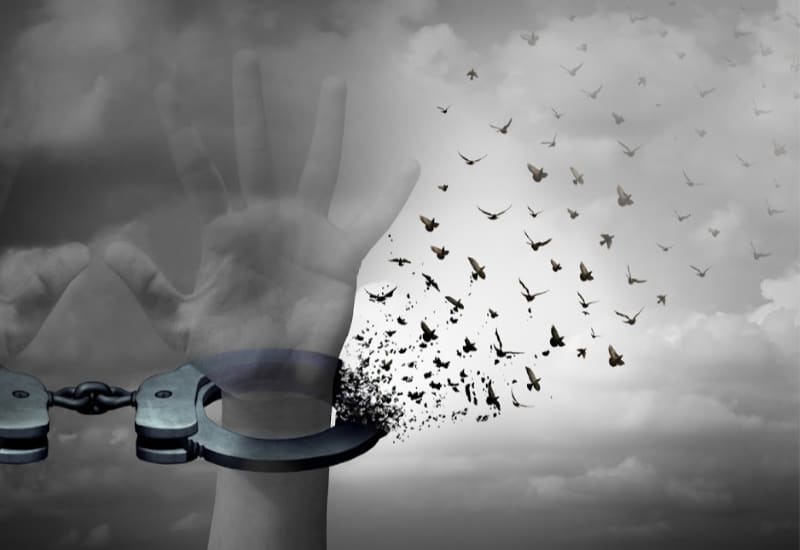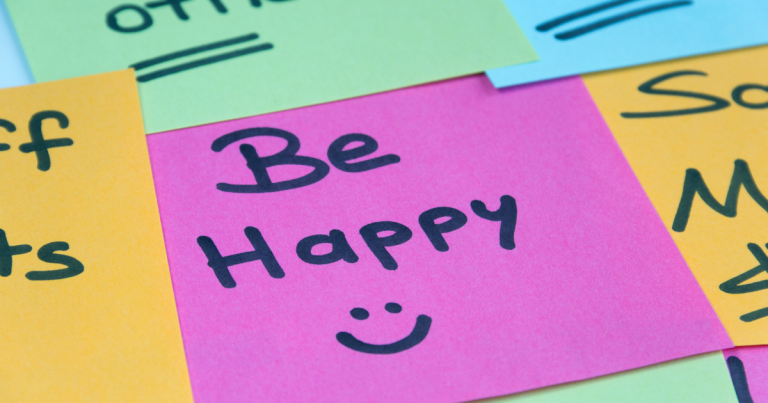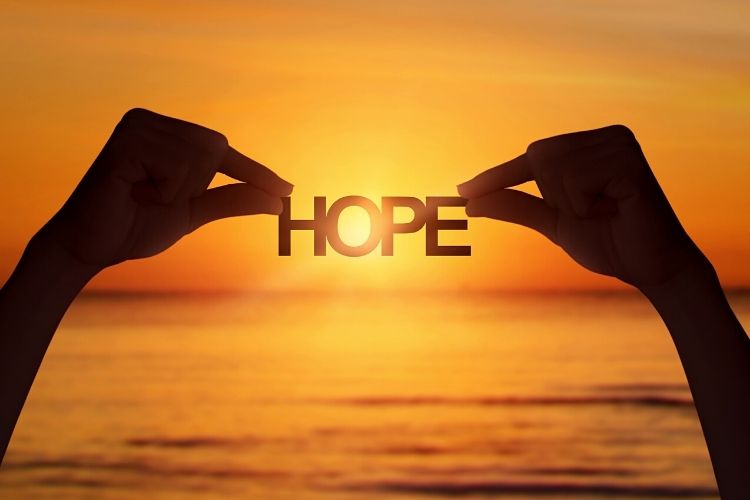5 Crucial Misconceptions About Forgiveness (and why you need to do it more!)
Last Updated on 4 years by Iva Ursano
Forgiveness will always be a necessary thing. Until humans can become flawless and walk without offense, we will need it. The fact that it can be so easy to do wrong to others, even unintentionally, or be wronged, should give us a healthy appreciation for it.
For any kind of relationship to endure it must be built on some kind of forgiveness. We all have wronged others, sadly often those closest to us.
I’m thankful for the friendships that I still have only through doing this.
“To forgive is the highest, most beautiful form of love. In return, you will receive untold peace and happiness.”
Robert Muller
So while we know some of the powers of forgiveness there are also myths about it.
Why is it so important to forgive others?
First and foremost, you have to understand that this is something we do for us, not for the person who hurt us. When we hold onto anger and grudges, it only hurts us, not the person it is directed at.
Forgiveness sets our soul free and let’s us enjoy life with inner peace and love and evicts the toxic tenant from our head.
You might also like these related articles:
- 15 Healing Quotes For Your Broken Heart and Soul
- How to Forgive Yourself and Move On in 5 Easy Steps
- How to Free Yourself From Emotional Pain by Doing This One Thing
- Why Forgiving Others is So Important to Your Mental Health
So let’s look at 5 crucial misconceptions about forgiveness
[mailerlite_form form_id=3]
1. Forgiveness belongs to any religion or sect
I grew up in a distinctly Christian home. Forgiveness was a topic that I heard about often. When I got older in life I left the church and forgiveness never seemed to cross my mind as much.
Until I made a mess of my life over some years and needed some inner peace. I began to realize that forgiveness is everywhere. I had always thought of it as a mainly Christian principle. How foolish was I!
It has been taught all over the world since the beginning of time. Every religion has it sprinkled in. Not only that, but I realized forgiveness is not at all a religious thing, though it is surely spiritual in it’s scope.
It is seen in the passed down customs of Native Americans. They hold it as an important guiding principle of life.
There will come a time when you either need to receive it or to offer forgiveness, either way you will not necessarily need to step a foot inside of a religious institution, though others may.
The misconception I had that forgiveness was tied to any one religion, or even religion in general, was false and the fact is that it is universal.
2. Forgiveness must be started by the offender
It’s a common misconception that the process of forgiveness must be initiated by the person who did the wrong. In a perfect world maybe. The person who offended would see the wrong and seek out reconciliation through this action.
Sometimes it does happen this way. It takes a great deal of humility to admit your wrong and ask someone to forgive you. But this is not the only way that forgiveness happens.
Often the person who did the wrong will never see the wrong, or if they see it they never seek forgiveness, or maybe they don’t even know they need it at all.
We must sometimes forgive others even if they aren’t seeking forgiveness.
Why we would we do that?
We do this primarily for us. When you’re holding unforgiveness too long in your body it festers and eats at you like a disease
“The act of forgiveness takes place in our own mind. It really has nothing to do with the other person.”
Louise Hay
There are certain offenses that you will only let go of by forgiveness. Some petty and insignificant things never need much thought of forgiveness, because they don’t impact much.
But when a true cutting offense happens it can leave a lasting impression. Often over time, if forgiveness is not offered or given in the heart it can turn towards resentment or bitterness towards that person.
Don’t always wait for someone to apologize before you offer forgiveness, you might be waiting for your entire life.
Offer it because it’s not worth it for your well-being to hold this offense so close forever.
3. Forgiveness is only towards others
Forgiveness is something that is also important to practice towards ourselves. We’re only human so it’s expected that we will make our fair share of mistakes in our life.
Even the most upright among us has made decisions that we’ve regretted. This is why it is so crucial to forgive ourselves.
If you don’t learn to forgive yourself for your mistakes and shortcomings you will carry around the burden of guilt. Sometimes, a seemingly small or harmless misstep can stay on your conscience for a long time.
Most of us have done things in our past that we’re not proud of. You can’t change it now. It’s done. You have to let yourself be human. Growth only comes from learning, and the thing that we learn from most are mistakes, especially ours.
Learn what you can from your mistakes, but don’t let them hold you back like an anchor stuck in the mud.
Forgive yourself and find the freedom that it brings.
4. Forgiveness means the act wasn’t wrong
“Forgiveness isn’t approving what happened. It’s choosing to rise above it.”
Robin Sharma
There are sadly terrible things that happen between humans every day. While there is much good and beauty in this world the opposite is also true at times.
So while forgiveness can be easy to write about or even talk about I understand that the actual act can be very difficult. Especially when the wrong is of a heinous or disgusting form.
Going back to what I said earlier about forgiveness being for your sake not just the other person’s sake.
You don’t necessarily forgive someone because they “deserve it” or they’re worthy of it. At some point you must forgive someone because it’s what’s good for your own growth and inner peace.
Let go of the misconception that offering someone forgiveness means that what they did was okay or right.
5. If I forgive someone the relationship is reconciled
This is where the term “forgive and forget” comes to show it’s flaws . Just because you find it in your heart to forgive someone doesn’t mean that the trust is restored.
There are certain things that show the true character of someone and even if the act is forgiven, trust can no longer be restored.
You can forgive someone and not allow them into your life.
“The stupid neither forgive nor forget; the naive forgive and forget; the wise forgive but do not forget.”
Thomas Szasz
If you’ve been withholding forgiving someone because you don’t want it to happen again it’s understandable.
You can forgive someone and avoid them completely. The act of forgiveness doesn’t require you to forget the wrongdoings.
All wrongdoings can be forgiven with the right heart, but it doesn’t mean there are no consequences and repercussions. You can still forgive even without restored trust.
Forgiveness is far too important to be misled by myths. Remember these misconceptions so you can see it for what it is. It is one of the most freeing and needed parts of any journey towards freedom.
[mailerlite_form form_id=3]
Written by guest blogger Chris Bryant
Bio:
Chris was born and raised right out side of Daytona Beach, Florida. Though he lived in the shade of the palm trees he struggled with pessimism and negative thinking most of his life. We All Need Hope is his journey to move towards better thinking and better living. His journey is fueled by hope and he centers his writing around that topic.
Follow him here on Pinterest
Or here on his Facebook page






